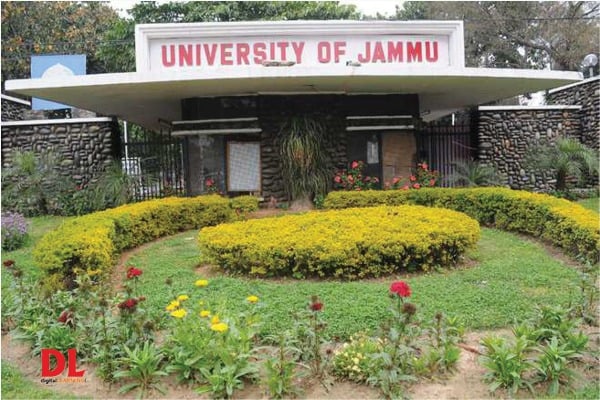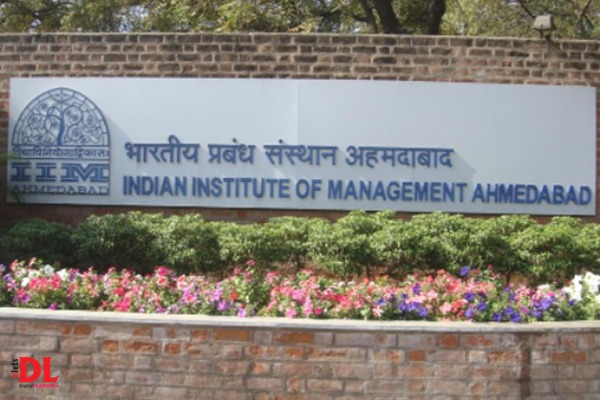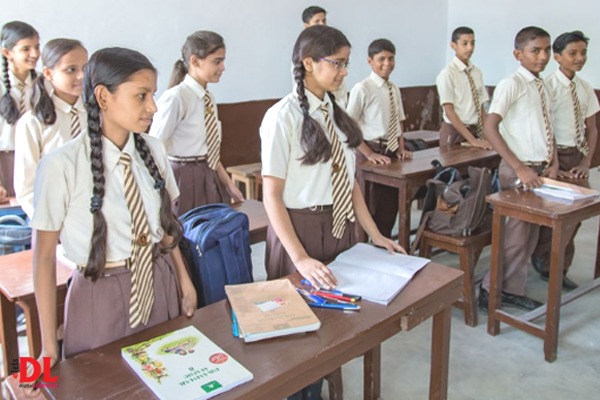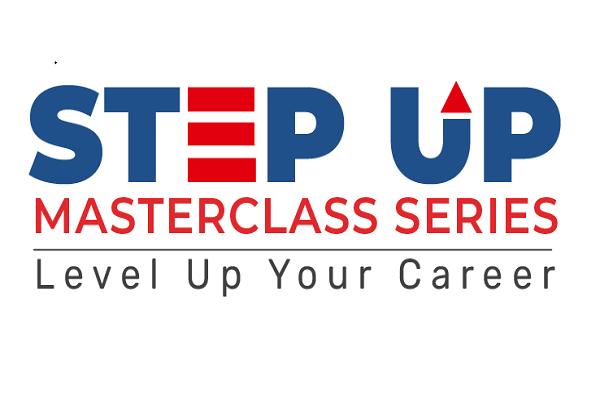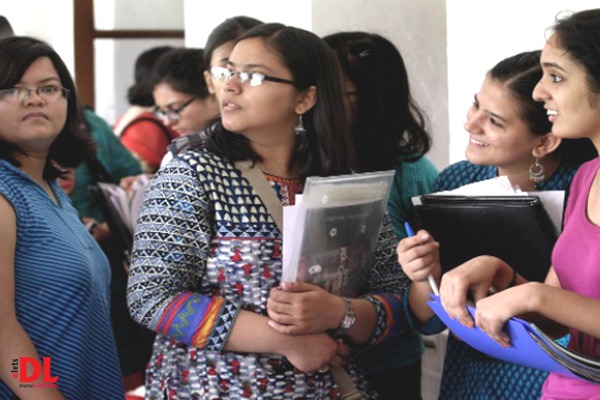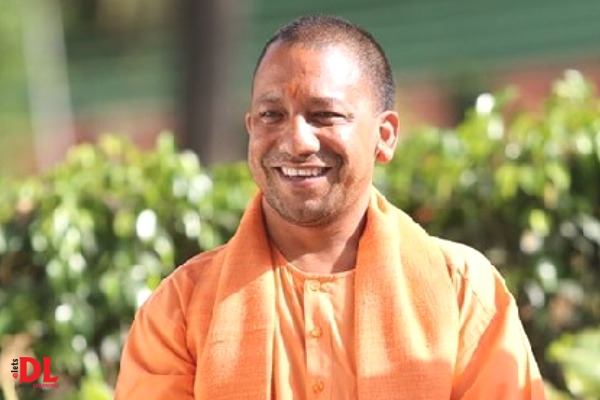Varanasi, Uttar Pradesh
The Banaras Hindu University (BHU) will be playing host to the national launch of Dr Ambedkar Centre of Excellence on April 22. The centre will be launched by the Minister for Social Justice and Empowerment, Government of India, Virendra Kumar. The centres are being launched with an aim to provide coaching facilities to scheduled caste students for civil services examination, conducted by the Union Public Services Commission (UPSC).
The proposed centre is being set up in 31 central universities across the country. The launch programme is scheduled to take place at the Shatabdi Krishi Prekshagrih, Institute of Agricultural Sciences. Vice-chancellors of all the other universities, where the centre is to be set up, will also be participating in the launch ceremony.
Two MoUs shall also be signed between the Dr Ambedkar Foundation and implementing universities for setting up the centres and Dr Ambedkar Chairs.
Each centre will have 100 seats for coaching and over 33 per cent of total sanctioned seats may preferably be given to eligible female candidates of the scheduled caste (SC) category. As many as three faculty members are to be appointed in each centre. The centres are proposed to have separate classrooms, library, hi-speed WiFi connectivity and other required infrastructure for smooth functioning. For taking admission to the centre to avail coaching, candidates will have to clear an entrance test.










